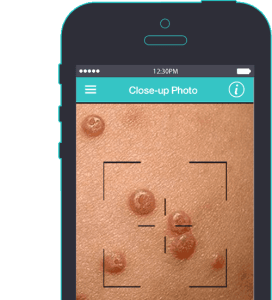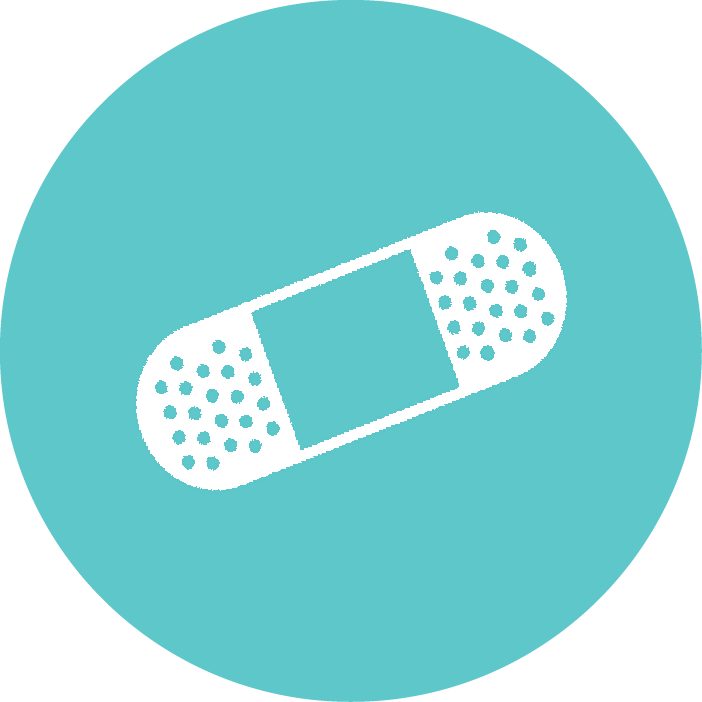In a world where people are making money off shared data, anonymity is valuable. The reality is that even conducting a Google search of your symptoms means that someone (often, many companies) are collecting information about where you are and the nature of your health complaints. A few companies make health information seeking safe, providing answers to user questions that puts them somewhere between Google (more personalized) and an in-person physician visit (pay-wall, less convenient, not anonymous), but actually collect no data or personal identifiers. This removes some of the fear and worry for people with health concerns, allowing them to get the information they need without the added concerns of what could happen to their bank account, their social security, or their medical records.
Many mHealth sites are HIPAA compliant. However, since only a few patients are actually lawyers, many may not fully understand privacy laws and may consent to sharing without fully understanding the long-term consequences. Smartphones and computers can be lost or stolen with hackable encrypted identifying data.
Studies show that patients are more willing to share medical details than identifying information. Thus, mHealth platforms that allow users to participate anonymously and don’t collect names (which, by the way, is also HIPAA compliant) should emerge as leaders in their fields. Assurances of mHealth anonymity are a top priority for users: if you have an anonymous mHealth platform, it’s a good idea to market as such.



